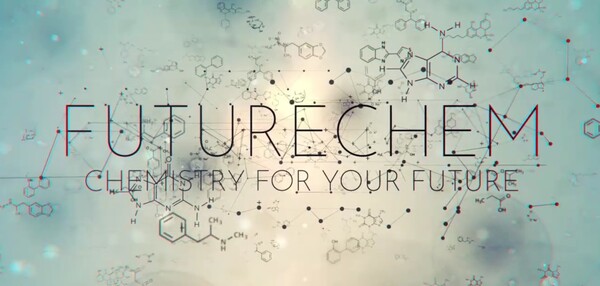FutureChem, a Korean radiopharmaceutical company, said it has been selected for the second round of the 2024 research project under the K-Health MIRAE (Medical Innovation and ReseArch Evolution) Initiative, an organization under the Ministry of Health and Welfare (MOHW), also known as Korea’s version of Advanced Research Projects Agency for Health (ARPA-H).

The Korean ARPA-H initiative aims to tackle major healthcare challenges through high-impact, high-risk, and mission-oriented research and development (R&D) projects. This specific research will leverage cutting-edge technologies, including artificial intelligence (AI) and bioinformatics, to rapidly identify potential drug targets and develop new therapies for refractory solid tumors—particularly pancreatic cancer and triple-negative breast cancer (TNBC), which are known for their poor prognosis due to resistance to existing immunotherapies.
The project will be led by Professor Geon Wook Kang from Seoul National University Hospital (SNUH) and carried out as a consortium involving Seoul National University Industry Foundation, FutureChem, and the Korea Advanced Institute of Science and Technology (KAIST).
FutureChem will serve as a key research institution for the project titled “Overcoming Challenges RACE: Ultra-Fast Drug Target Verification and Rapid Development for Cold Tumors.” The research focuses on developing a radioligand therapy (RLT) for refractory pancreatic cancer and TNBC using generative AI-based ultra-fast drug discovery and verification.
RLT delivers targeted radiation to cancer cells using radiopharmaceuticals, offering higher efficacy with lower doses compared to conventional treatments. Given its advantages, RLT is emerging as an effective alternative for treating difficult-to-treat cancers.
The project will be executed in a phased collaboration among key institutions.
SNUH will oversee clinical trials and evaluate the efficacy and safety of the newly developed drugs, KAIST will employ generative AI to identify promising drug targets and potential therapeutic candidates at an accelerated pace, and Seoul National University Industry Foundation will synthesize and evaluate these drug candidates to enhance their feasibility for clinical applications.
FutureChem will play a pivotal role in clinical trial drug supply and commercialization, with plans to secure intellectual property rights for developed drug candidates and lead efforts in bringing them to market.
This joint effort aims to significantly shorten drug discovery timelines by integrating AI-driven target identification with advanced pharmaceutical development techniques. The consortium expects to generate novel drug candidates suitable for global clinical trials, paving the way for a new breakthrough in treating intractable cancers.
If all development milestones are successfully met, the project will receive up to 15 billion won ($10.3 million) in funding. The research is set to run for a total of four years and six months, with completion scheduled for April 2029.
“As a company dedicated to radiopharmaceutical innovation for 26 years, we possess extensive expertise in new drug R&D and production optimization,” a FutureChem official said. “Through this project, we aim to efficiently evaluate and manufacture new drug candidates, ultimately driving the commercialization of new cancer treatments.”
Related articles
- Korea’s radiopharmaceutical market heats up as companies vie for global leadership
- FutureChem presents phase 2 results for prostate cancer drug at APPS Conference
- FutureChem releases phase 2 interim results for radiation therapy ‘FC705’
- FutureChem's FC-705 receives orphan drug designation for prostate cancer treatment
- FutureChem moves new prostate cancer drug into phase 3 trial in Korea
- FutureChem's radiotherapy FC705 shows 73% PSA reduction in phase 2 prostate cancer trial
- FutureChem's FC303 meets phase 3 goals, setting stage for 1st Korean-developed PSMA PET imaging agent

